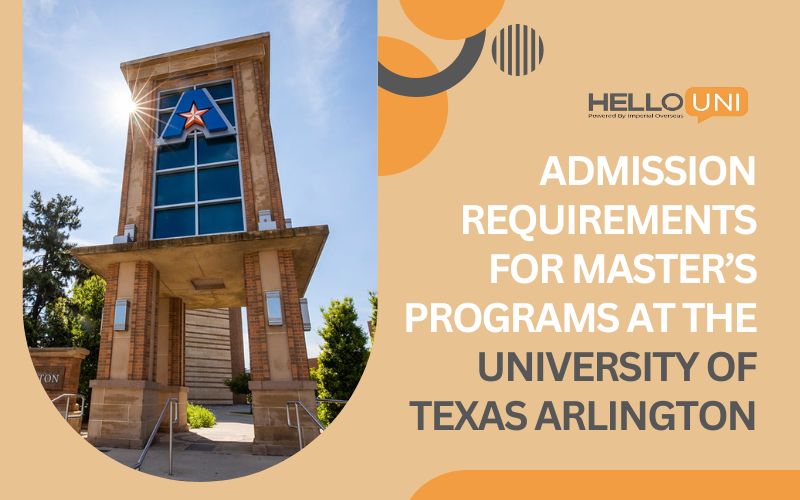Studying in the U.S. is a big decision, and one of the biggest concerns for international students is the cost. If you’re considering the University at Albany, State University of New York (SUNY Albany), understanding SUNY Albany fees is crucial. While tuition might seem straightforward, hidden costs can add up. This guide breaks it all down so you can plan with confidence.
SUNY Albany Fees Breakdown
For the 2025 academic year, international students should consider these key costs:
- Tuition: Depending on your field of study, you can expect to pay around $25,000 per year for undergraduate programs and $23,000–$28,000 per year for graduate programs.
- Mandatory SUNY Albany fees: These include student services, technology, and health fees, totaling approximately $3,000–$4,000 per year.
- Health Insurance: International students must have health insurance, which costs about $2,000 per year if purchased through the university.
- Housing and Meals: On-campus housing costs between $10,000 and $15,000 per year, while off-campus housing varies depending on location and lifestyle.
- Books and Study Supplies: Budget at least $1,200 per year for textbooks and other study materials.
- Personal Expenses and Transportation: You can expect to spend around $2,000–$3,500 per year on everyday expenses and travel.
Cost-Saving Tips for International Students
Managing tuition and living expenses can feel overwhelming, but there are ways to reduce costs:
- Apply for Scholarships: SUNY Albany offers merit-based scholarships for international students. Check deadlines and requirements early.
- Consider Assistantships: Graduate students may be eligible for teaching or research assistantships that provide tuition waivers and stipends.
- On-Campus Jobs: International students can work up to 20 hours per week on campus. Roles in dining services, libraries, or research centers can help offset costs.
- Use Public Transportation: Albany’s public transport system is affordable, and students often receive discounts.
- Opt for Used or Digital Textbooks: Buying second-hand books or renting digital versions can save hundreds of dollars per year.
Payment Plans and Financial Aid Options
SUNY Albany provides flexible payment plans to make tuition more manageable. These plans allow students to spread tuition payments over multiple months instead of paying in one lump sum. While international students aren’t eligible for federal financial aid, private scholarships, sponsorships, and loans from home countries can be good alternatives.
Hidden Costs to Watch Out For
Many students underestimate these additional SUNY Albany fees:
- Visa and SEVIS Fees: Applying for a student visa (F-1) comes with costs, including a SEVIS fee of $350 and a visa application fee of $185.
- Course-Specific Fees: Some SUNY Albany courses, such as engineering or business, have additional lab or program fees.
- Winter and Summer Courses: Tuition costs may be higher per credit if you plan to take extra courses outside the regular semester.
Conclusion: Plan Smart, Study Confidently
Understanding SUNY Albany fees will help you plan effectively and avoid financial surprises. Whether you’re applying for scholarships, choosing on-campus jobs, or budgeting for hidden costs, preparation is key. Want a simpler way to manage your university expenses? HelloUni offers personalized guidance for international students, helping you find financial aid, scholarships, and the best strategies for affordable education. Get in touch today and take the next step toward your dream education!
FAQs
Can I pay my tuition in installments?
Yes! SUNY Albany offers payment plans that allow students to spread tuition costs over the semester rather than paying everything upfront.
Are there specific scholarships for international students at SUNY Albany?
Yes, the university provides merit-based scholarships for international students. These are competitive, so apply early.
Is on-campus housing more affordable than off-campus housing?
It depends on your lifestyle. On-campus housing is convenient but can be more expensive than sharing an apartment off-campus.
What happens if I don’t have health insurance?
Health insurance is mandatory for international students. If you don’t provide proof of your coverage, you’ll automatically be enrolled in the university’s plan and charged accordingly.
Can international students work off-campus?
Within the first year of your studies, you are restricted to having employment only within the campus. This is followed by eligible international students being able to work outside of campus after a year through work authorization either in CPT or OPT programs.







